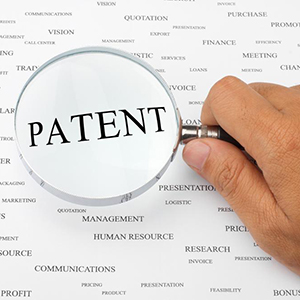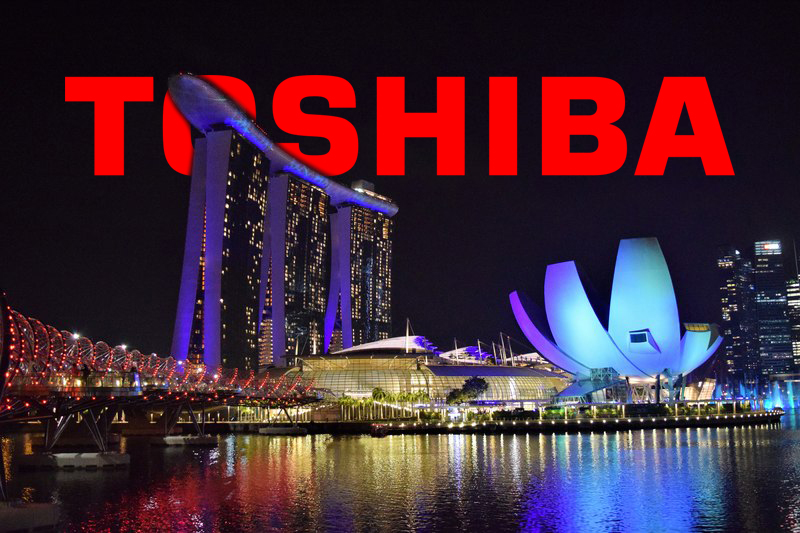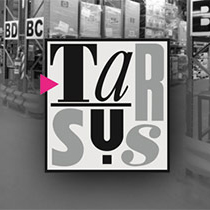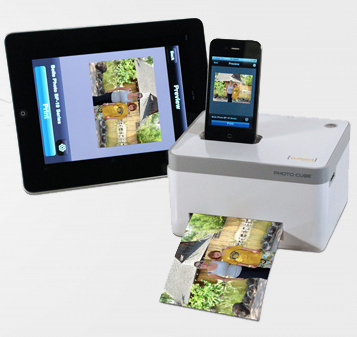Google, Canon create patent-licensing alliance to limit lawsuits
 Google and Canon, two of the top recipients of U.S. patents last year, created a program they say can help limit some future infringement claims.
Google and Canon, two of the top recipients of U.S. patents last year, created a program they say can help limit some future infringement claims.
Participating companies pledge that if they sell some of their patents, all members of the group automatically get a royalty-free licence to them, the alliance, known as the License on Transfer Network, said in a statement Wednesday.
The goal is to limit instances where large technology companies sell patents to licensing firms whose main objective is to demand royalties and file-infringement suits. While only six companies have committed to joining the program, Google officials point to an open-source patent pledge about a year ago that started with a similar-sized group and grew to 900 members.
“The hope is people will see the benefits of the network effect here and the cycle of selling patents to licensing companies will end,” said Eric Schulman, legal director of Mountain View, Calif.-based Google’s patent team.
Other participants are business-software maker Sap AG, Internet retailer Newegg Inc., data-storage company Dropbox Inc., and Asana Inc., a software maker started by Facebook Inc. co-founder Dustin Moskovitz. Together, the six companies in the program own almost 300,000 patents, Schulman said.
The License on Transfer Network “will be a no-brainer for startups” who want to limit their exposure to lawsuits, said Moskovitz, whose company developed a program to allow teams to collaborate on projects.
Companies frequently sell patents on technology they are no longer using to save the cost of keeping them in force and the hassle of negotiating licensing deals. Sales can be used to foster agreements with other companies, or can simply fill depleted coffers.
Often, though, the patents are bought by firms whose main business is to turn a profit from licensing deals. About 70 per cent of the patents asserted by licensing firms in litigation had their origins with operating companies, according to a report by RPX Corp., a patent-risk management company.
In some instances, the original company gets a cut of any licensing revenue. Paul Melin, chief intellectual property officer for Nokia Oyj, has defended the practice, saying deferring payment is a common way to handle financing for expensive properties.
Schulman said licensing firms are most useful for research companies that don’t make products or small inventors who lack the skills to commercialize their ideas.
Canon, the world’s largest camera maker, received almost 4,000 U.S. patents last year, ranking it No. 3 on a list compiled by the Intellectual Property Owners Association, a Washington-based trade group.
Google, owner of the world’s most widely used search engine, was ranked in the top 10 for the first time as it expanded into wearable computers, health care and driverless cars.
In addition to the patents it receives from its own research, Google is a prolific buyer of patents from companies like International Business Machines Corp. In the first quarter alone, Google bought 273 patents, according to a report by Austin, Texas-based Innography Inc., which makes software to analyze patent portfolios.
“Patents are great for innovation and when used properly they foster innovation,” said Brett Alten, head of intellectual property at San Francisco-based Dropbox. “If a (License on Transfer Network) member owns the patents, they can do whatever they want, but if they transfer the patent outside the network, then the folks inside the network get a licence. It really leads people to reach out and find ways to work with each other.”
(Source: The Vancouver Sun)





Leave a Comment
Want to join the discussion?Feel free to contribute!